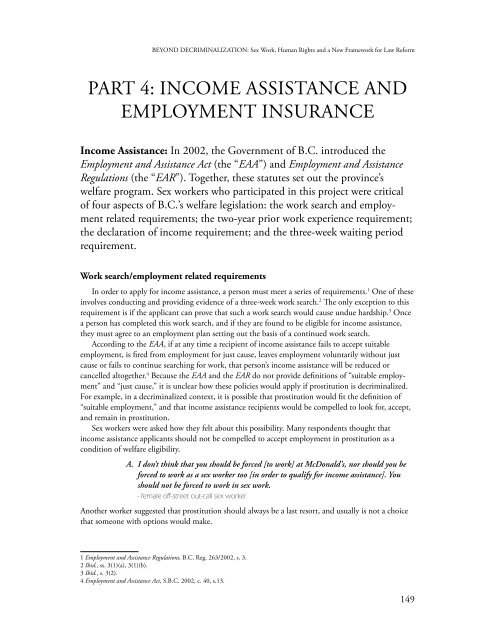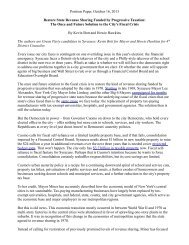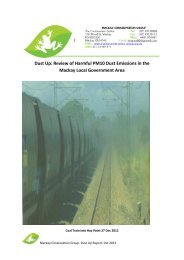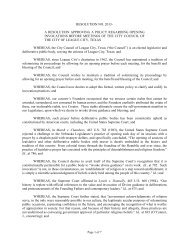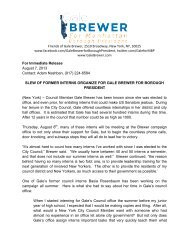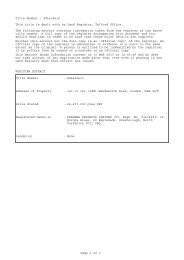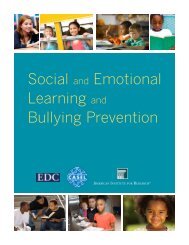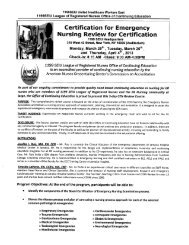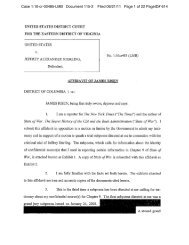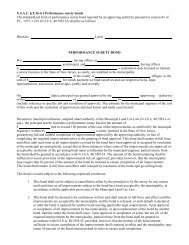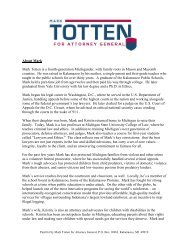Beyond Decriminalization: Sex-work, Human Rights and a New ...
Beyond Decriminalization: Sex-work, Human Rights and a New ...
Beyond Decriminalization: Sex-work, Human Rights and a New ...
- No tags were found...
You also want an ePaper? Increase the reach of your titles
YUMPU automatically turns print PDFs into web optimized ePapers that Google loves.
BEYOND DECRIMINALIZATION: <strong>Sex</strong> Work, <strong>Human</strong> <strong>Rights</strong> <strong>and</strong> a <strong>New</strong> Frame<strong>work</strong> for Law ReformPART 4: Income Assistance ANDEmployment InsuranceIncome Assistance: In 2002, the Government of B.C. introduced theEmployment <strong>and</strong> Assistance Act (the “EAA”) <strong>and</strong> Employment <strong>and</strong> AssistanceRegulations (the “EAR”). Together, these statutes set out the province’swelfare program. <strong>Sex</strong> <strong>work</strong>ers who participated in this project were criticalof four aspects of B.C.’s welfare legislation: the <strong>work</strong> search <strong>and</strong> employmentrelated requirements; the two-year prior <strong>work</strong> experience requirement;the declaration of income requirement; <strong>and</strong> the three-week waiting periodrequirement.Work search/employment related requirementsIn order to apply for income assistance, a person must meet a series of requirements. One of theseinvolves conducting <strong>and</strong> providing evidence of a three-week <strong>work</strong> search. The only exception to thisrequirement is if the applicant can prove that such a <strong>work</strong> search would cause undue hardship. Oncea person has completed this <strong>work</strong> search, <strong>and</strong> if they are found to be eligible for income assistance,they must agree to an employment plan setting out the basis of a continued <strong>work</strong> search.According to the EAA, if at any time a recipient of income assistance fails to accept suitableemployment, is fired from employment for just cause, leaves employment voluntarily without justcause or fails to continue searching for <strong>work</strong>, that person’s income assistance will be reduced orcancelled altogether. Because the EAA <strong>and</strong> the EAR do not provide definitions of “suitable employment”<strong>and</strong> “just cause,” it is unclear how these policies would apply if prostitution is decriminalized.For example, in a decriminalized context, it is possible that prostitution would fit the definition of“suitable employment,” <strong>and</strong> that income assistance recipients would be compelled to look for, accept,<strong>and</strong> remain in prostitution.<strong>Sex</strong> <strong>work</strong>ers were asked how they felt about this possibility. Many respondents thought thatincome assistance applicants should not be compelled to accept employment in prostitution as acondition of welfare eligibility.A. I don’t think that you should be forced [to <strong>work</strong>] at McDonald’s, nor should you beforced to <strong>work</strong> as a sex <strong>work</strong>er too [in order to qualify for income assistance]. Youshould not be forced to <strong>work</strong> in sex <strong>work</strong>.- female off-street out-call sex <strong>work</strong>erAnother <strong>work</strong>er suggested that prostitution should always be a last resort, <strong>and</strong> usually is not a choicethat someone with options would make. Employment <strong>and</strong> Assistance Regulations, B.C. Reg. 263/2002, s. 3. Ibid., ss. 3(1)(a), 3(1)(b). Ibid., s. 3(2). Employment <strong>and</strong> Assistance Act, S.B.C. 2002, c. 40, s.13.149


